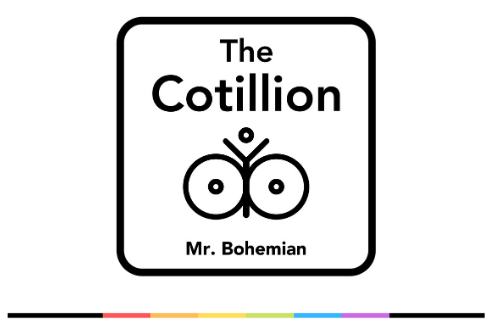“Why proofread when I have a free, automatic spellchecker?”
Grammarly is a robot. It can pick up common inconsistencies, but never the difficult ones you need, while distracting you with pedantic grammar rules you don’t need. You’re left picking through their clunky suggestions without definitive knowledge on word usage. A human is proofreading your work regardless.
Robots cannot provide emotional impressions or feedback. “Beep boop.”
Robots cannot consider preferred grammatical rules of an organization, from scientific to journalistic. “Beep, or boop?”
Robots do not understand formally-informal language. “Boop de beep?”
Robots hate foreign words/loan words. “A la boop?”
Robots are bankrupt when it comes to syntactical eloquence. “To beep, or not to beep. That is boop.”
The Spell Checker’s Formulas
These programs predominately do three things: spellcheck, grammar check, and thesaurus suggest.
Come on, now. All writers know that thesaurus writing is pretentious and obfuscated. If you’re the intended audience for this feature, then God bless your borrowed genius.
Spellcheck is always welcome, because these programs know how the Queen’s English—God bless Her—ought to be strictly spelled. Words in the dictionary won’t change often. Therefore, the robots can’t mess spellcheck up (too often).
These programs become double-decker train wrecks when grammar checking is introduced. From Jack Lynch’s The English Language: A User’s Guide,
A fun experiment is to take some great work of literature and feed it to a grammar check, and then to see what mincemeat it makes of it. Here are some mindless tips on the first sentence of Milton’s Paradise Lost:
Consider revising. Very long sentences can be difficult to understand.
Avoid contractions like "flow'd" in formal writing (consider "flow had").
Avoid the use of "Man" (try "he or she").
"One greater Man restore" has subject-verb agreement problems.
"In the Beginning" should be "at first." "Or if Sion" should be "also if Sion."
Humans write for humans, not robots. Let Bob be your proofreading human.


